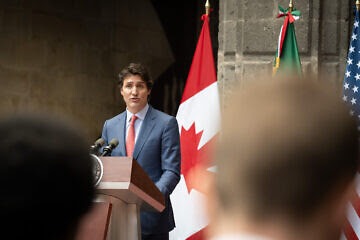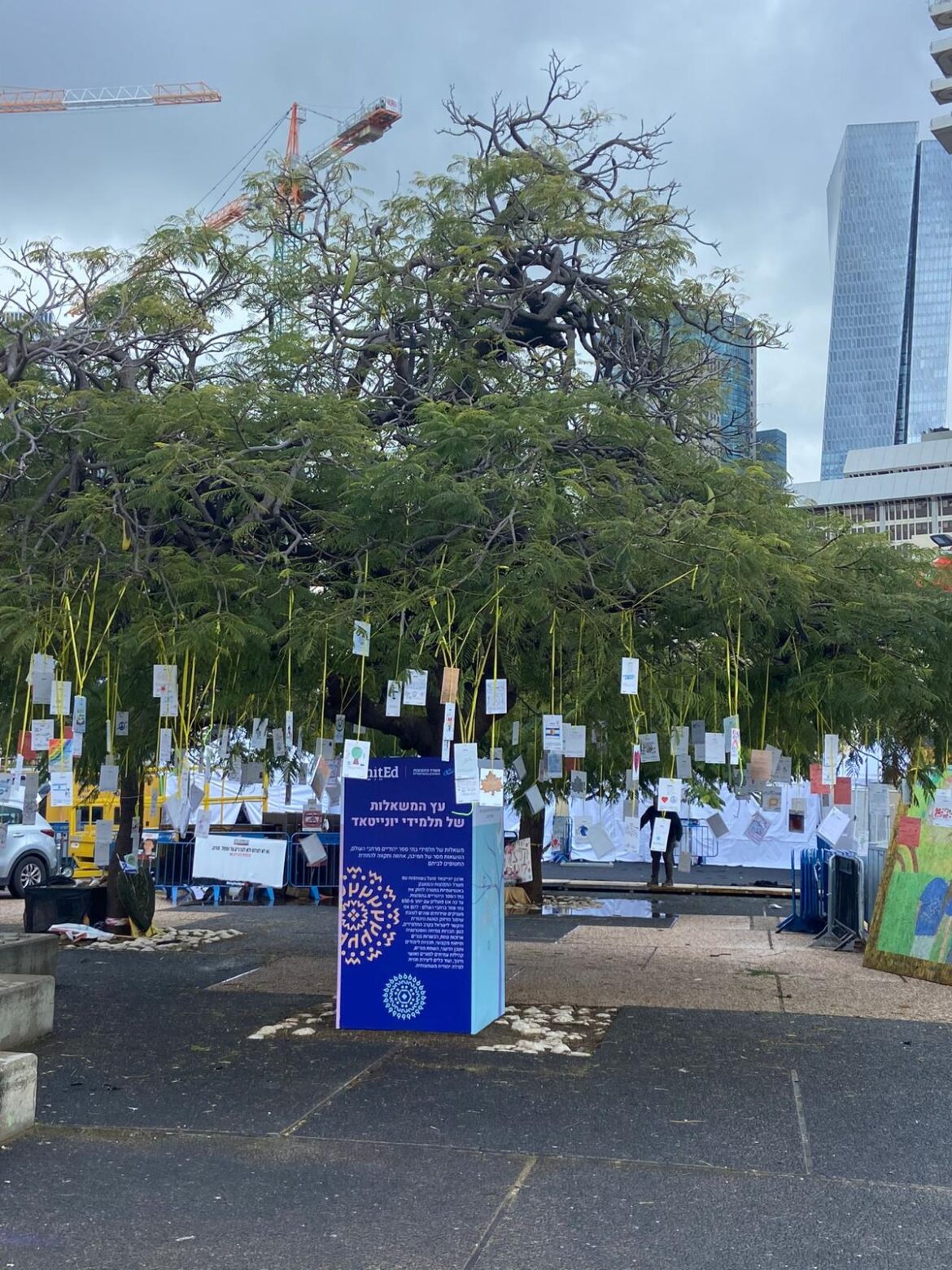Five of the projectiles were intercepted, with one falling in an open area • Two rockets were launched at Safed in a separate attack, with sirens also sounding in Kiryat Shmona and Margaliot.
(JNS)
Lebanese terrorist group Hezbollah launched six rockets at central Israel on Sunday morning, according to the Israel Defense Forces. Five of the rockets were intercepted and one fell in open territory.
Hundreds of thousands of Israelis were sent running to shelters by the attack, which occurred at approximately 7:30 a.m. and triggered sirens in the Dan, Sharon and Menashe regions, including the seaside cities of Netanya and Herzliya north of Tel Aviv.
No injuries were reported, according to Israel’s Magen David Adom emergency rescue service.
Rocket Alert [07:27:04] – 31 Alerts
:
• Sharon — Even Yehuda, Udim, Rishpon, Netanya – West, Shefayim, Beit Yehoshua, Bnei Dror, Kfar Netter, Harutzim, Netanya – East, Arsuf, Yakum, Ga’ash, Wingate Institute, Ra’anana, Kfar Yona, Pardessiya, Qadima – Zoran, Tel Itzhak,… pic.twitter.com/uxTCuUlDE7
— ILRedAlert (@ILRedAlert) November 24, 2024
Shortly before the barrage, several drones were launched from Lebanon into Israeli territory, setting off sirens in the Galilee. Two of the UAVs were intercepted, according to the IDF, which confirmed that the incident had ended. No injuries were reported.
Shortly after the barrage on central Israel, red alerts were also heard in Kiryat Shmona and Margaliot near the border with Lebanon, as well as in Safed and the surrounding area. Israel’s Channel 12 news reported that two rockets had been fired at Safed, causing no injuries or damage.
Hezbollah has launched some 16,000 rockets, missiles and drones from Lebanon at Israel since joining the war in support of Hamas on Oct. 8, 2023, a day after the Gaza-based terrorist group’s massacre in southern Israel. Over 60,000 residents of northern Israel remain internally displaced due to the ongoing rocket and drone attacks from Lebanon, which have caused widespread material damage and multiple deaths and injuries.
Image: Israelis take cover on a road in central Israel as an air-raid siren warns for incoming rockets, Nov. 2, 2023. Photo by Chaim Goldberg/Flash90.












